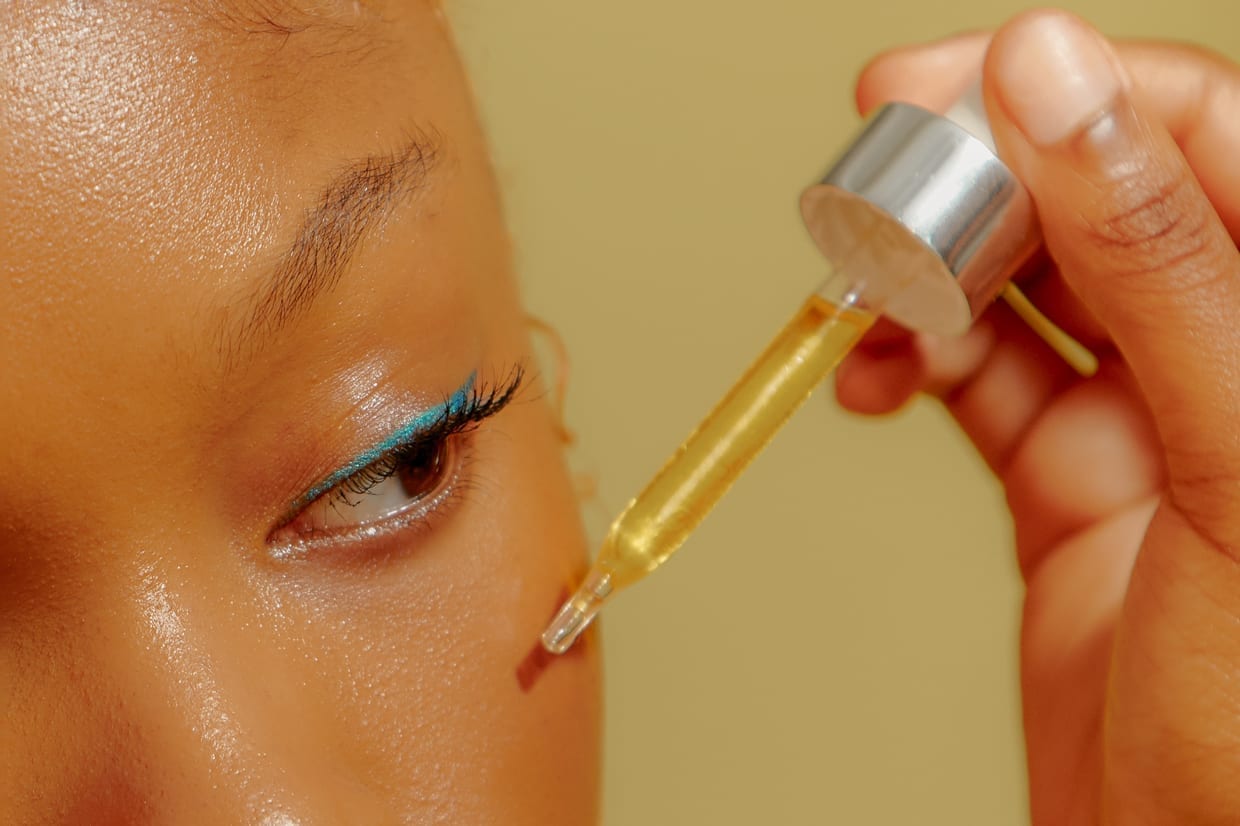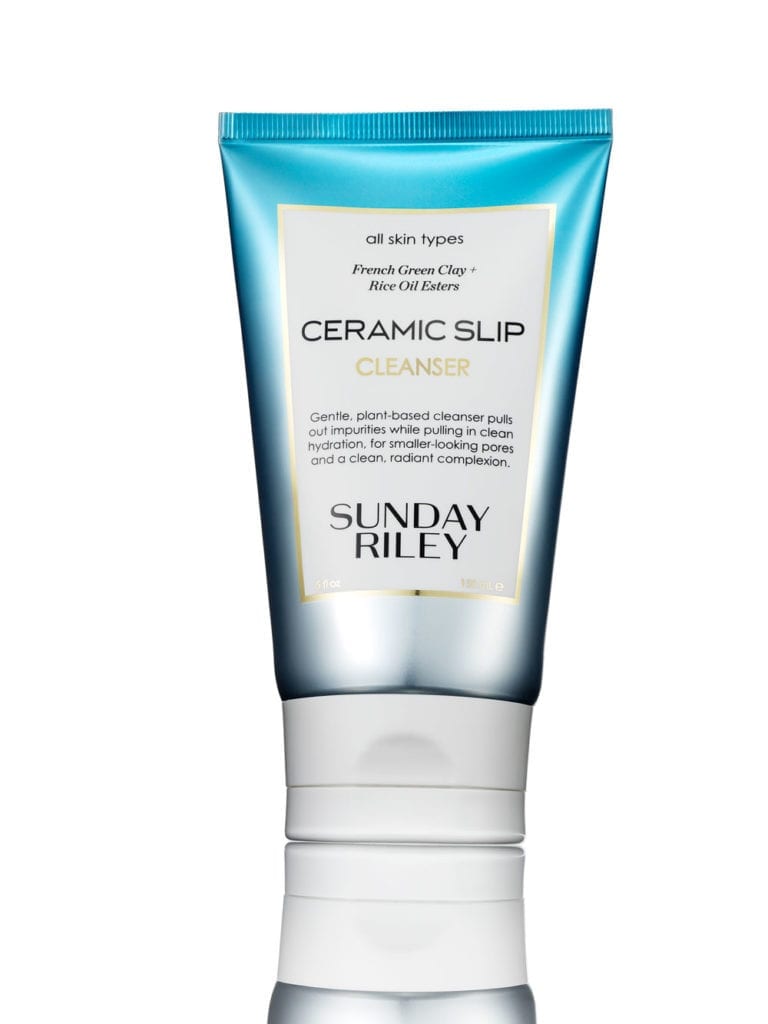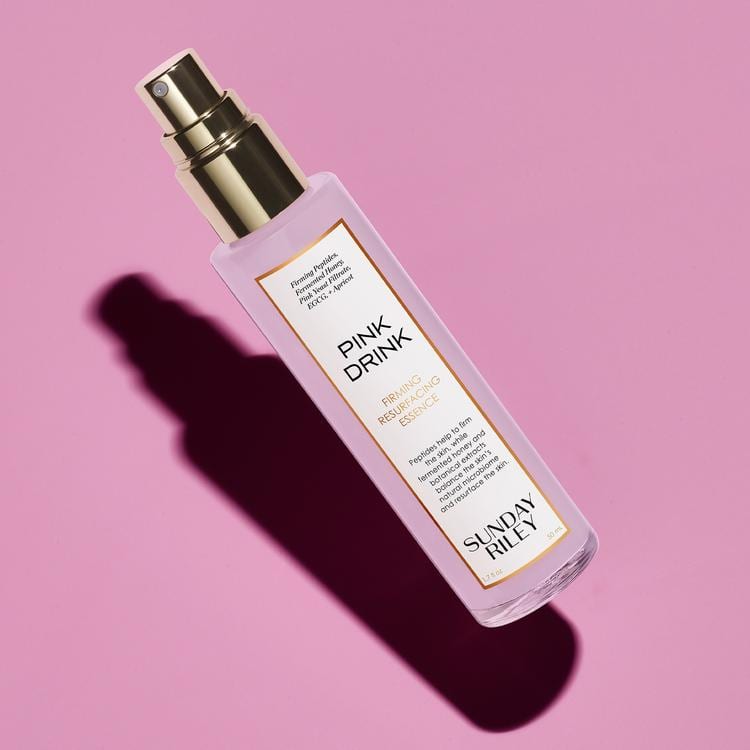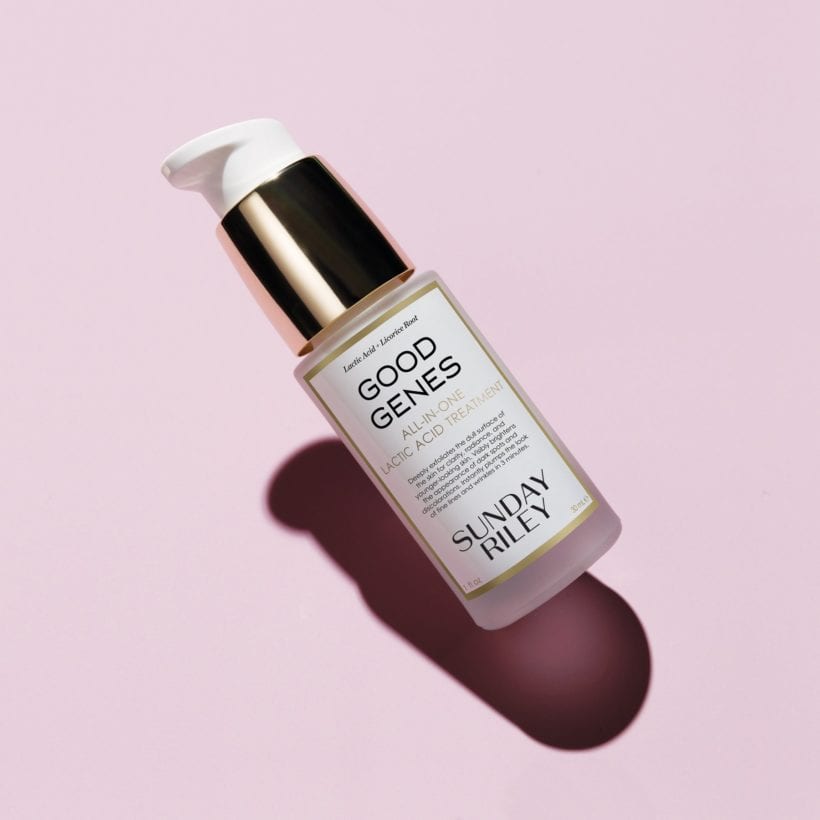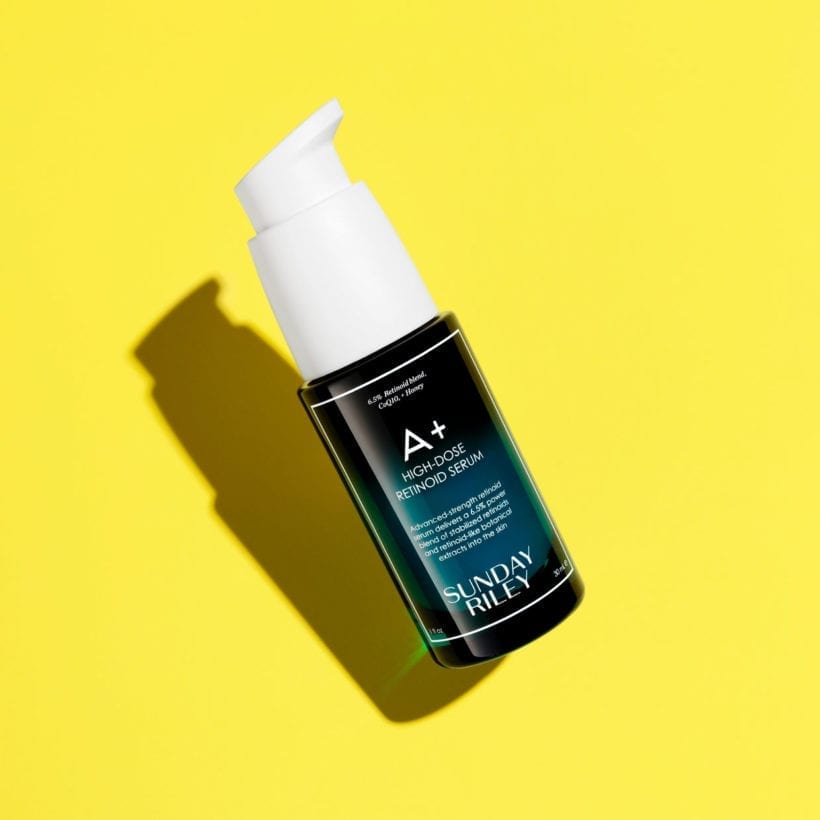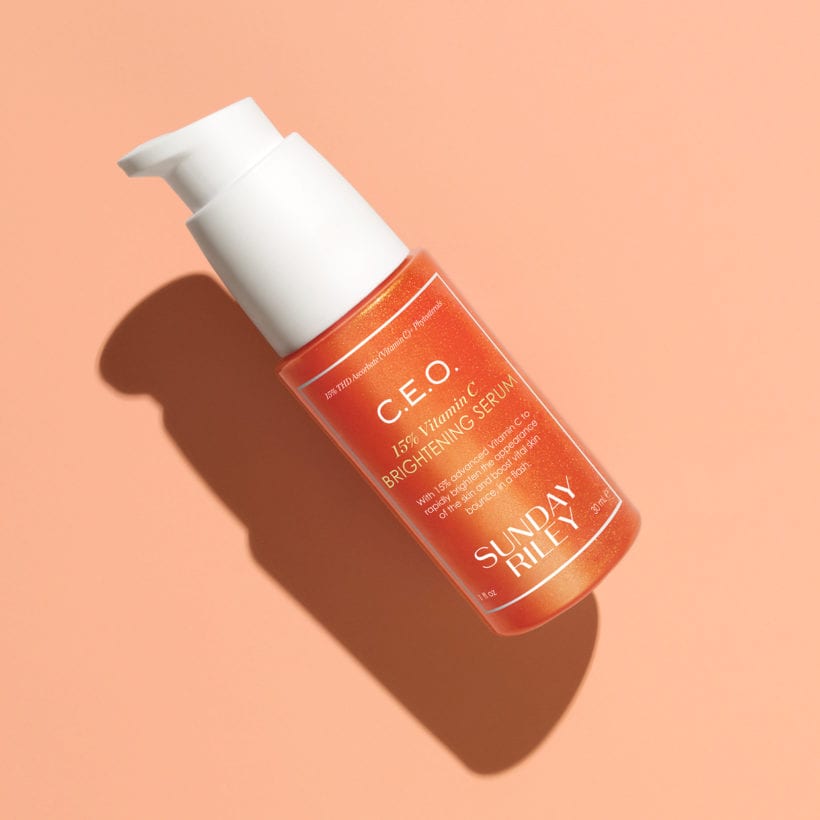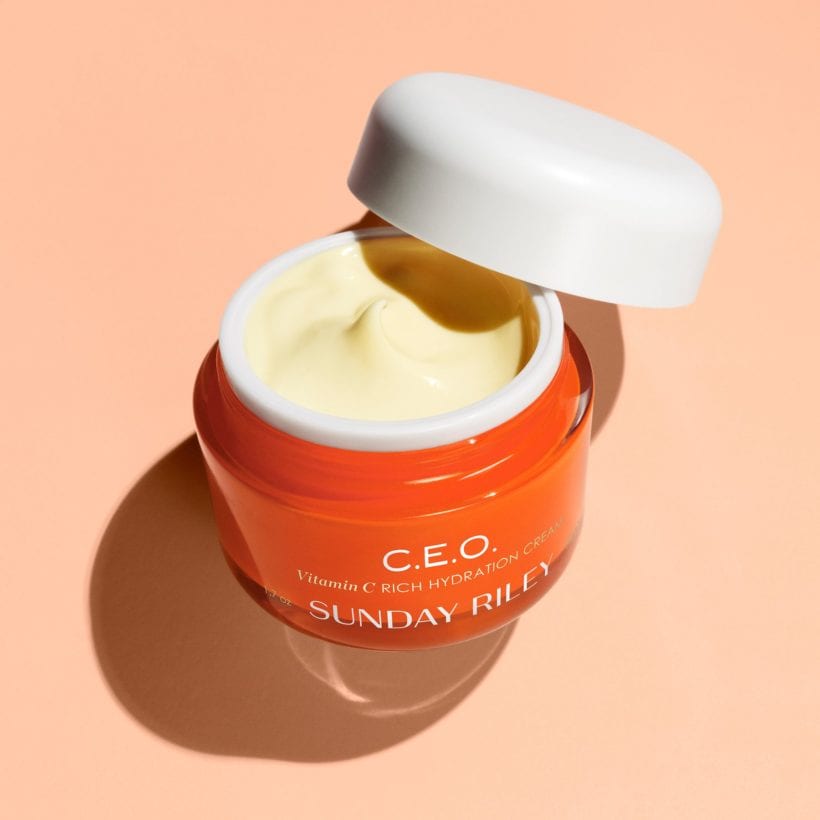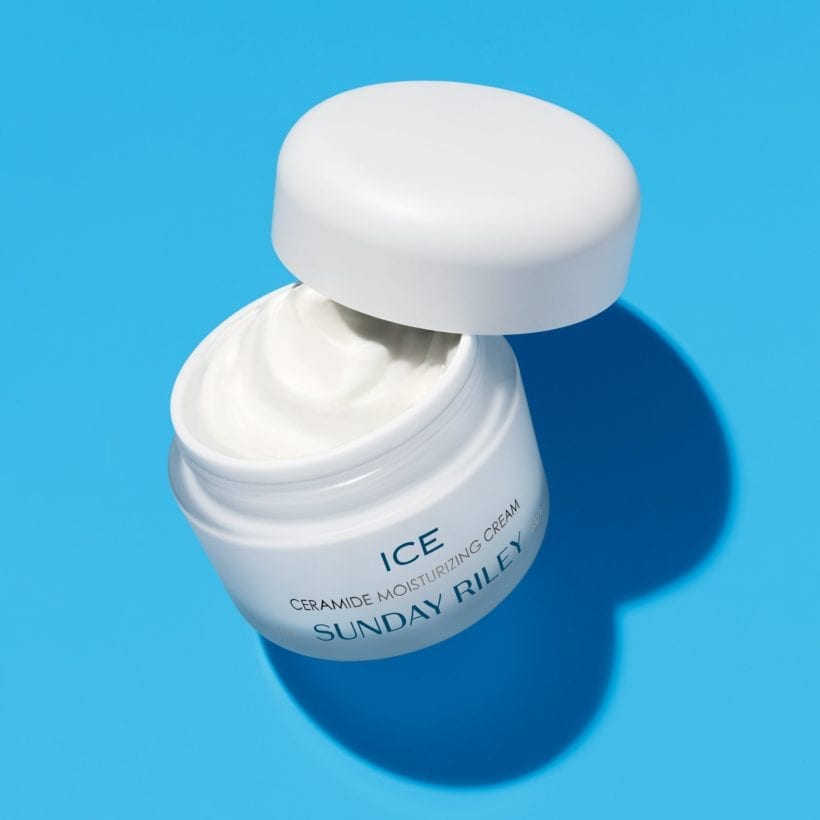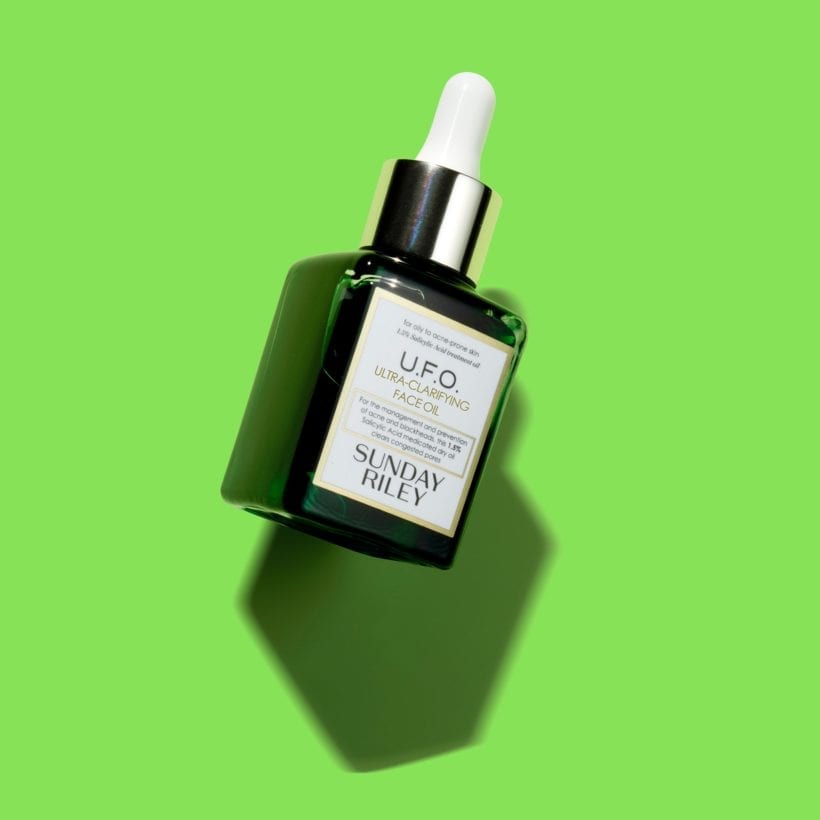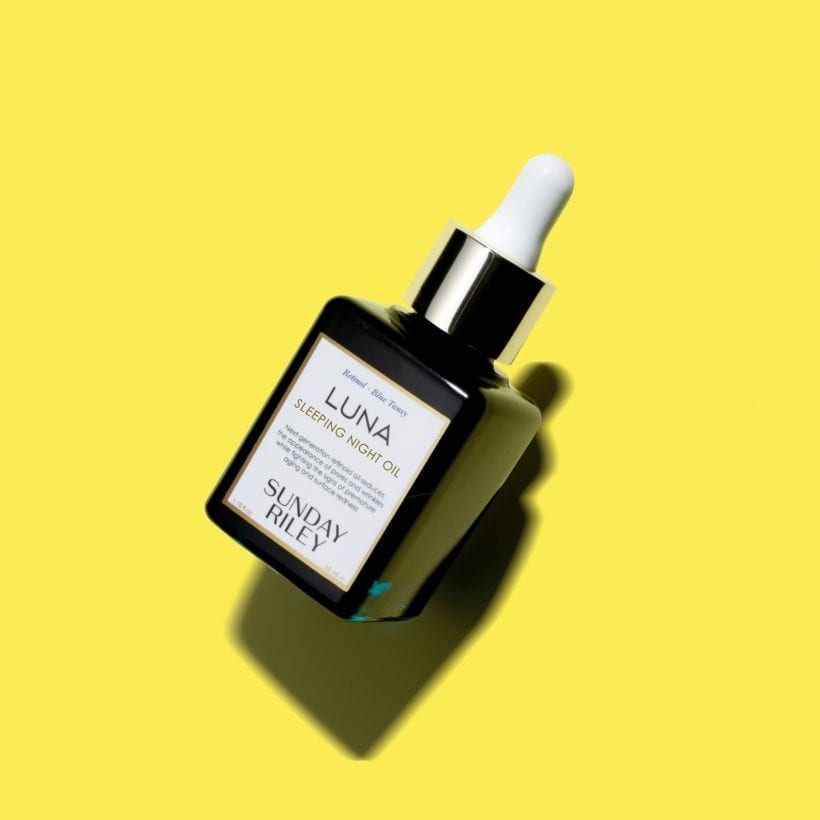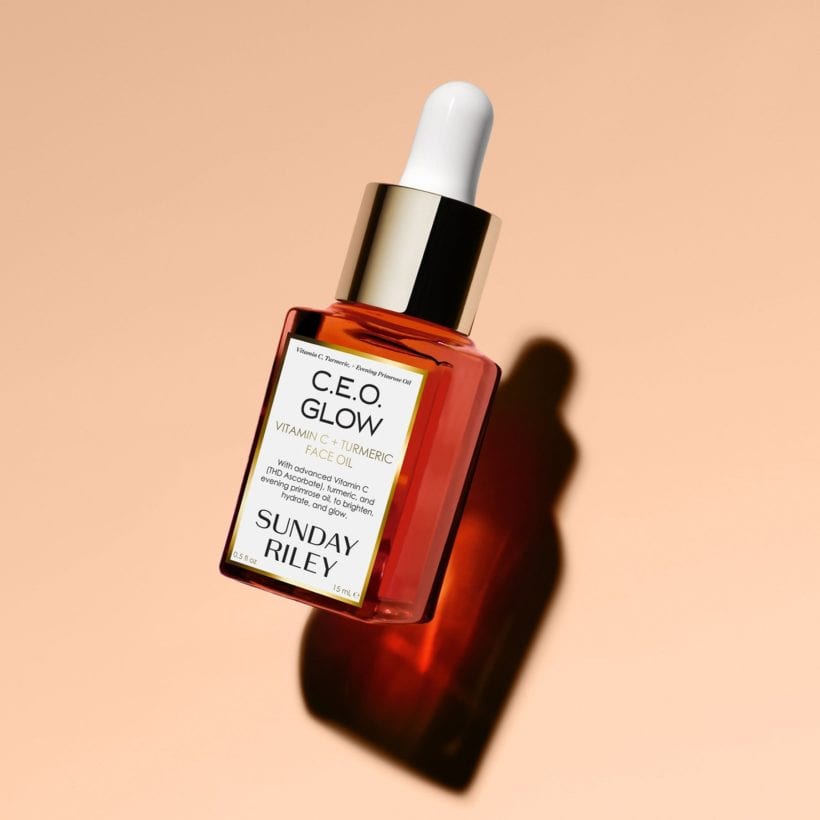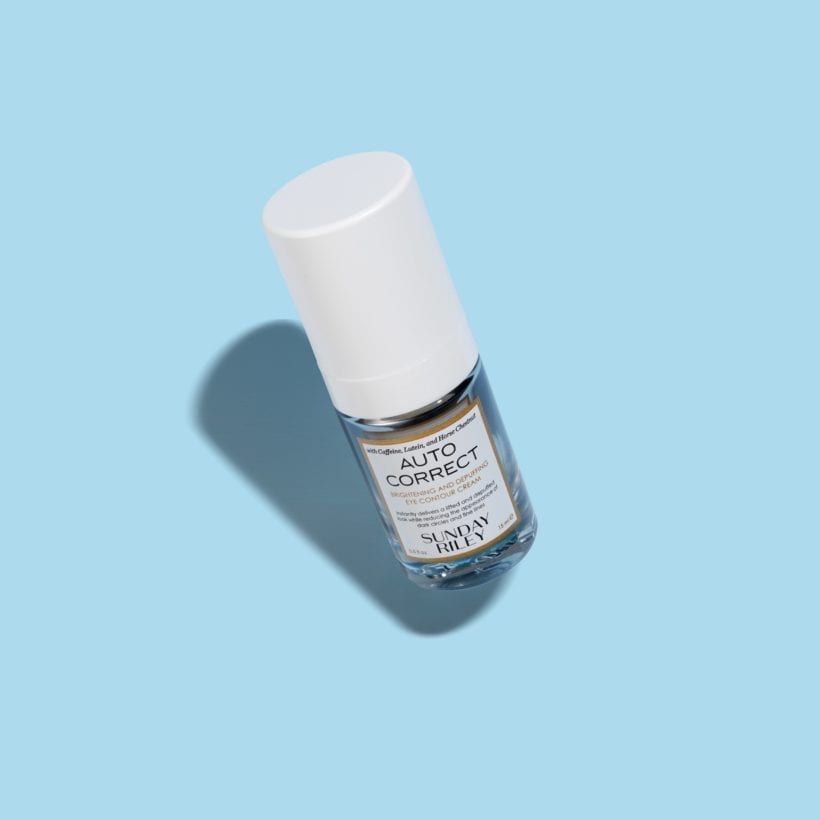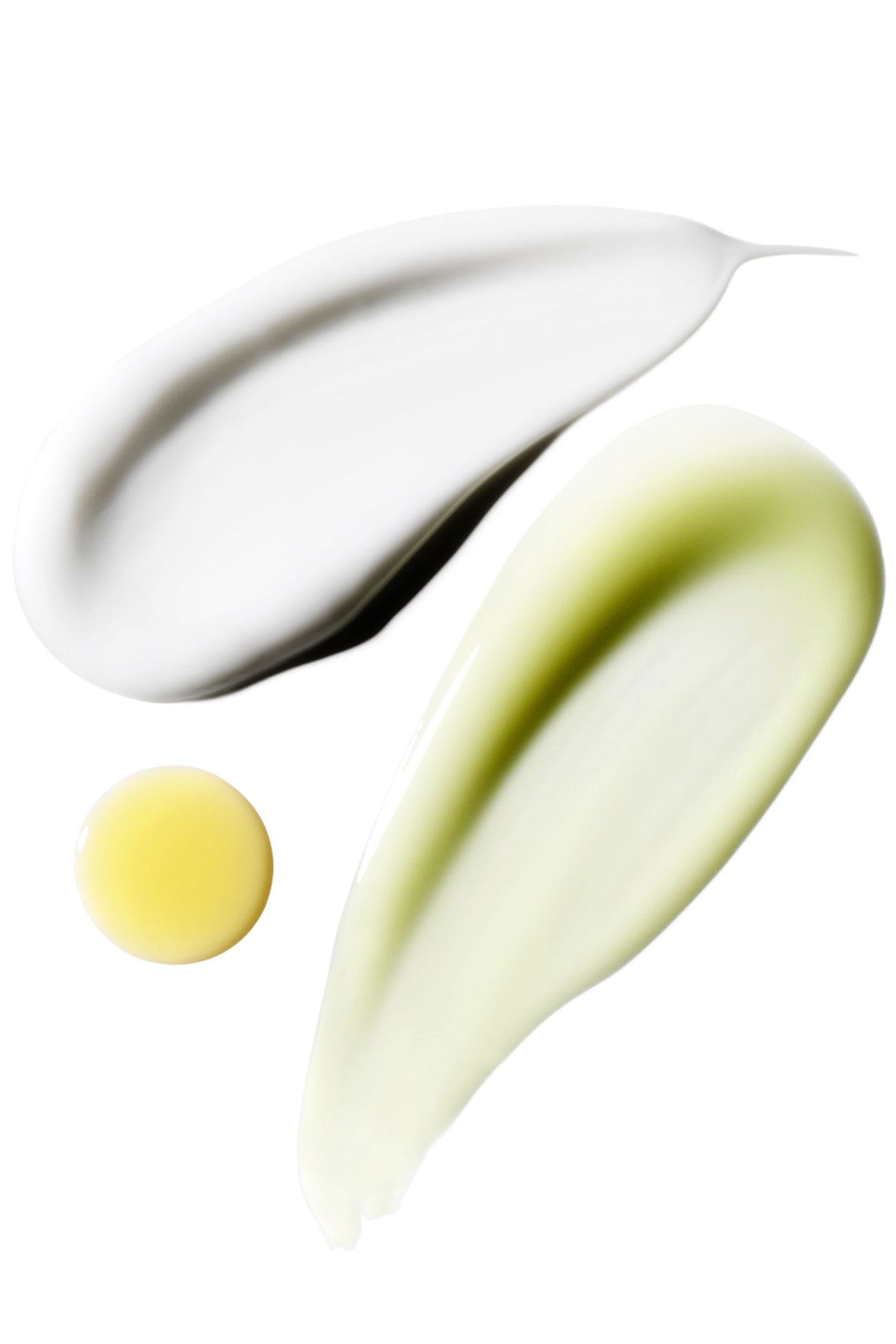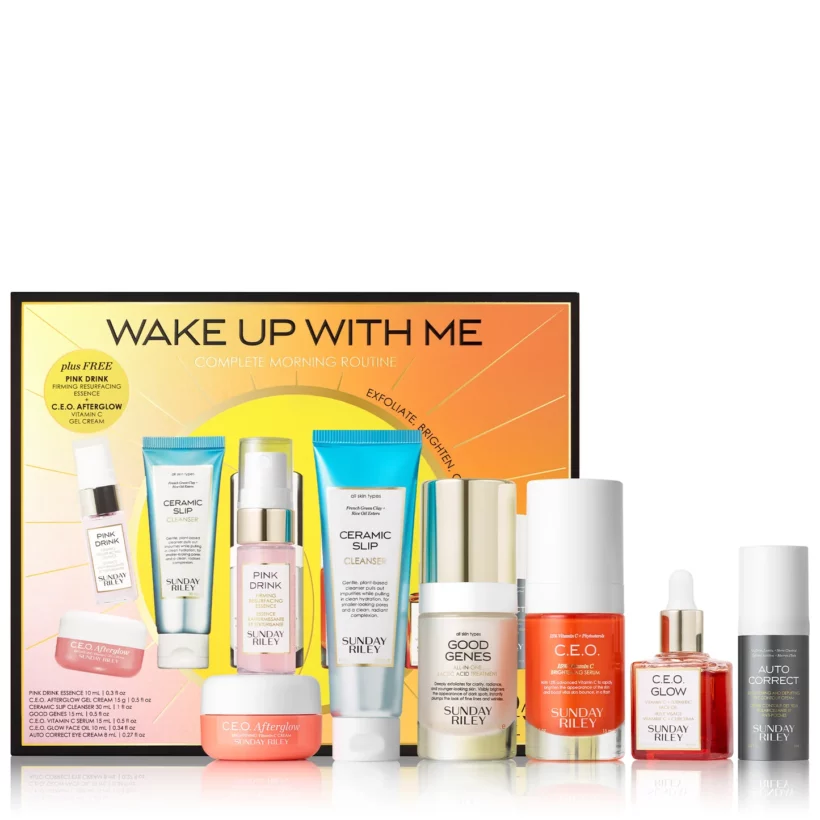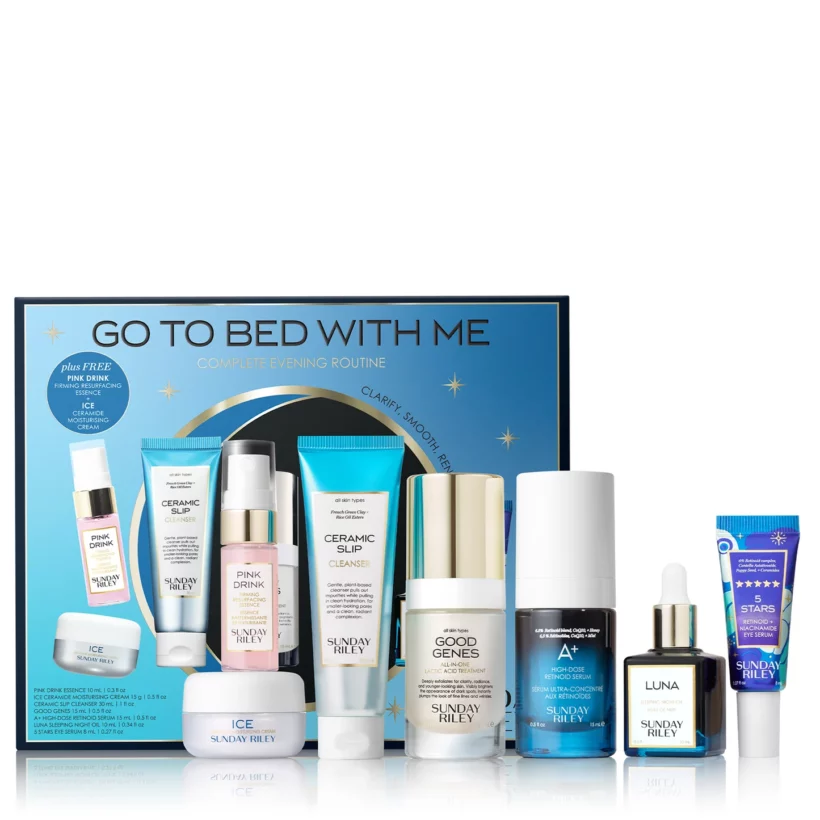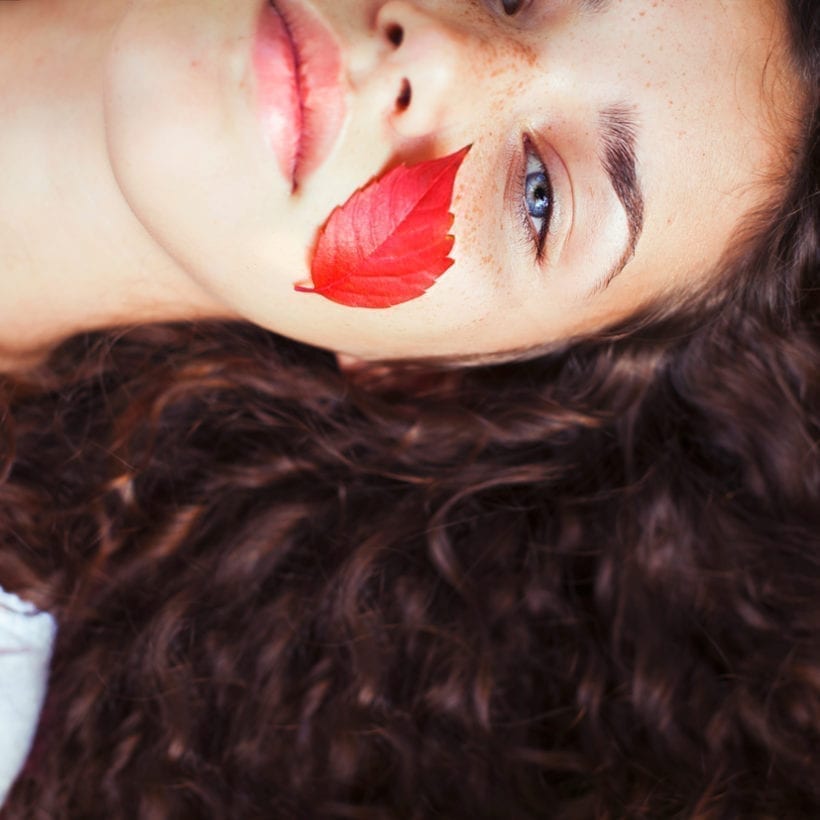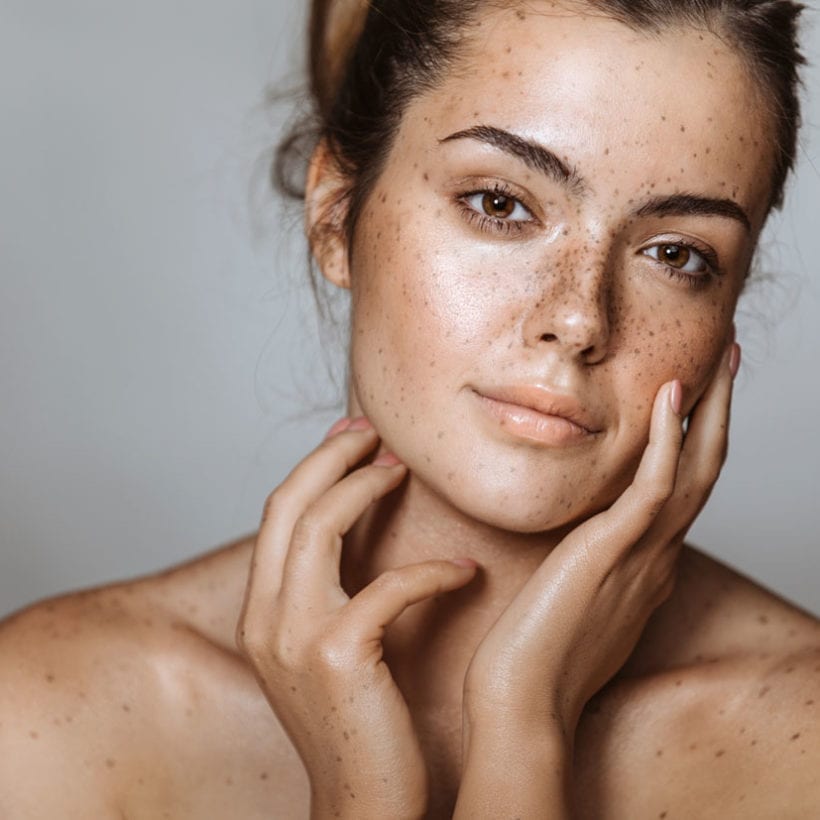With so many skincare products you are supposed to include in your daily regimen, it can be confusing to know how much of everything to use — you do not want to go overboard and slather too much stuff on your face, but want to use enough so you see actual results. There is no golden rule — how much you should use depends on a myriad of factors starting with the product itself, its ingredient list and your skin needs.
Meet the Experts
Sunday Riley , CEO, founder and product formulator
Zeichner, M.D. , director of cosmetic and clinical research in dermatology at Mount Sinai Hospital in New York City
Rina Allawh, M.D. , a dermatologist at Montgomery Dermatology in King of Prussia, Pennsylvania
Erum Ilyas, M.D. , a dermatologist at Montgomery Dermatology in King of Prussia, Pennsylvania.
Tahl N. Humes, M.D., founder of VITAHL Medical Aesthetics in Denver and Chicago
“Generally speaking, we recommend green pea-sized amount of actives on the face, including products like serums or facial treatments that contain concentrated ingredients like retinol or hydroxy acids,” says Joshua Zeichner, M.D., director of cosmetic and clinical research in dermatology at Mount Sinai Hospital in New York City. Moisturizers can be applied more liberally, and sunscreen even more in order to achieve the SPF benefit.
Your routine likely involves more than serum, moisturizer and SPF, so here is a look at how much of everything you should be using on your face each day and night.
How much face wash you should use
‘I apply a dime-sized amount to create a thin layer of the Ceramic Slip cleanser on the face,’ says Sunday Riley, CEO, founder, and product formulator.
‘Imagine the clay diving deep into your skin to pull out all the stuff you definitely don’t want, kind of like how a super face mask works. But then, it doesn’t stop there. It brings in some goodies, like rice and olive oil esters, to pump hydration right back into your skin. So, it’s like you’re using a magnet: yanking out the bad stuff but also making sure the good stuff, like serious hydration, gets back in. You don’t want to strip your skin bare. We’re aiming to get rid of all the gunk — pollution, dirt, makeup, sunscreen, you name it — without leaving your skin dry as a desert. We don’t want to over-dry your skin,’ Sunday says.
If you use it as a mask, leave the cleanser on for 2-5 minutes and gently wash off the face, avoiding scrubbing with towels or cleansing cloths too aggressively. “Think of it as if you’re using a really good detox face mask along with your cleanser,” she adds.
How much essence you should use
“Since essences are water-based and therefore thinner, they would go on right after cleansing and toning,” says Sunday Riley. “Wait for them to absorb and then add a layer of the thicker products like serums or moisturizer and SPF.” Pink Drink goes right after Ceramic Slip Cleanser and before Good Genes All-in-One Lactic Acid treatment.
‘Instead of soaking a cotton pad (you will lose a lot of product that way because of its watery consistency), apply a quarter-sized amount of the essence into your palms and pat it gently into your skin,’ explains Riley. ‘I also use this throughout the day on top of my makeup. This is something that I use all day long. It’s on my desk when I need a pick-me-up.’
It can be used twice a day, misted directly on the face, or massaged into the skin. It’s great for all skin types.
How much serum you should use
Most skincare experts agree that skin serum is an essential step that should be followed after applying essence and before applying a moisturizer. ‘Good Genes All-in-One Lactic Acid treatment is a gentle, alpha hydroxy acid serum that can be used daily. Apply 1-2 pumps to clean dry skin, day or night, as a leave-on treatment. I use it daily. It’s something that if you’ve never used it before, you can absolutely start and use it every single day. You could just pump it into your moisturizer and help build up the tolerance. And again, we’re seeing this transformation in the skin with these products evening out of tone and the skin looking more alive and fresher. That’s going to be the biggest thing that we want in the skin,’ says Riley.
How much moisturizer you should use
Like serums, daytime moisturizers also vary a lot. Gel moisturizers for patients with acne-prone skin or richer moisturizers for someone with dehydrated skin — the main goal is to restore hydration and maintain the skin’s elasticity. A moisturizer with antioxidants will also help fight free radicals caused by the environment, which can lead to premature aging. “Depending on the skin type, a few drops of a gel moisturizer to a pea-sized amount of a heavier moisturizer works well,” adds Humes.
“Creams or lotions may be heavier than serums because they are designed to adhere to the skin to help maintain hydration, while serums usually contain other active ingredients that address a particular concern (discoloration and anti-aging are most common),” explains Erum Ilyas, M.D., a dermatologist at Montgomery Dermatology in King of Prussia, Pennsylvania. “These active ingredients are more concentrated and will, therefore, be a bit more potent.”
The lightweight gel texture of C.E.O. Afterglow makes it ideal for all skin types, even oily or combination skin. It imparts a natural glow to the foundation when applied as a skincare primer while keeping skin fresh and balanced all day. It is boosted with ergothioneine, soothing allantoin, and lutein for a burst of antioxidants. ‘For me, I focused on creating a lightweight texture that sinks in quickly for all skin types but still hydrates the skin for 24 hours. Vitamin C can be very tricky to formulate, so it took hundreds of iterations to get it right. I feel like this little jar of magic is my secret weapon, and I use it twice per day,’ says Sunday.
Rich but lightweight, ICE Ceramide Moisturizing Cream is a dual-action moisturizer that uses beetroot and coconut extract to pull hydration into the skin. Ceramides, vitamin F, and pomegranate sterols strengthen the skin’s natural moisture barrier, sealing in moisture. Together, the skin is glowing, baby-smooth, and deeply hydrated. Apply twice a day, morning and night, as the last step of your skincare routine to lock in moisture.
Infused with 5% Vitamin C, C.E.O. Vitamin C Rich Hydration cream is deeply hydrating, visibly brightens dull skin, fights the signs of dehydration and damage, and provides advanced antioxidant support. Formulated with THD Ascorbate, a powerful, jar-stable, and highly targeted Vitamin C derivative that prevents and repairs the visible signs of premature skin aging. ‘This is an extremely stable, oil soluble, and ultra-powerful form of vitamin C that quickly fights the look of dullness, dark spots, and discolorations at the source while diminishing the signs of aging caused by time, stress, lifestyle, and pollution,’ shares Sunday. ‘A pea-sized amount of this cream is what you need.’
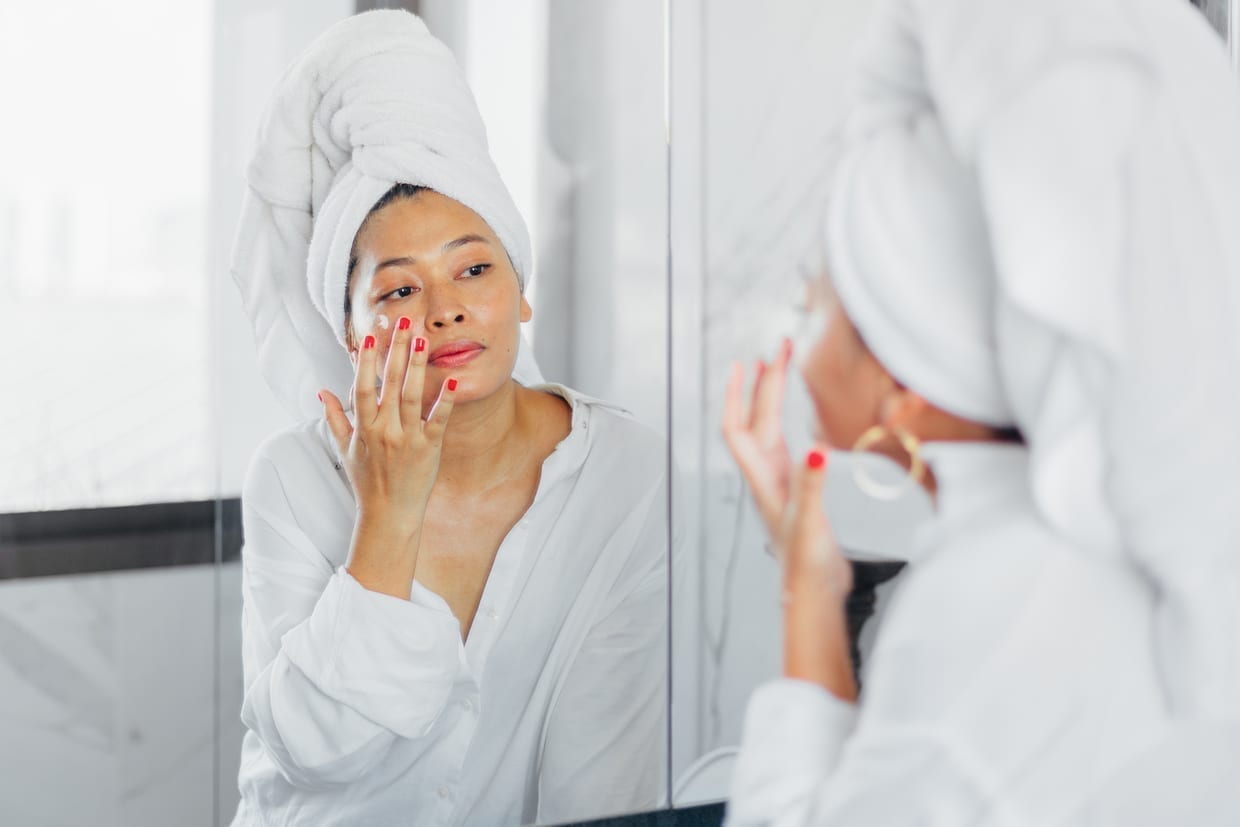
How much treatment oil you should use
When using treatment oils, it is crucial to apply the correct amount to achieve optimal results without wasting the product. Generally, for facial oils like Sunday Riley’s popular options — Luna Sleeping Night oil, C.E.O. Glow Vitamin C and Turmeric face oil or U.F.O. Ulta-Clarifying Acne Treatment face oil, a good rule of thumb is to use about three to five drops per application. ‘Start by warming the oil between your palms, then gently press and massage it into your clean, slightly damp face and neck. This allows the oil to distribute evenly and absorb efficiently into the skin. Adjust the amount based on your skin’s particular needs and responses — drier skin may benefit from a slightly more generous application, while oilier skin might require less,’ says Riley. After cleansing skin, you may massage your oil into your face, neck and decolletage.
How much eye cream you should use
‘I apply 1-2 pumps of AutoCorrect Brightening and Depuffing Eye Contour cream, morning and evening, and throughout the day as needed. Use your ring and middle fingers, lightly tap into the skin around the eye area,’ explains Sunday.
“Skin thinning is most apparent for many around the eyes in this age group where the skin is the thinnest and most fragile,” says Allawh. “Eye creams aid in skin hydration and plump in this delicate area while masking under-eye darkness.”
What about retinol eye serums like 5 Stars Retinoid+Niacinamide by Sunday Riley? ‘Dispense a pearl-sized amount onto the cooling ceramic tip applicator and massage outwards around the outer crow’s feet, under eye, and between brow bone and eyebrow. Apply daily in the evenings around the eye area to smooth the appearance of lines and prevent the look of premature skin aging,’ adds Sunday.
How much acne treatment you should use
Whether you are suffering from ongoing breakouts or only the occasional pimple, acne treatments (both over-the-counter and prescription) can be effective at keeping the skin clear. The amount you will use depends on the type of product. If you’re still learning how to avoid acne mistakes in your routine, try speaking to our experts. If it is a spot treatment purchased over the counter, you can use a pea-sized amount on the affected area. “When using any products on acne, it is best to start slow and work up as you see your skin tolerating the products,” says Riley.
After cleansing skin, massage 3-5 drops in U.F.O Ultra-Clarifying Acne Treatment oil to face, neck, and chest, as needed. ‘U.F.O is a dry oil and will absorb quickly. With 1.5 percent salicylic acid, this fast-acting, quick-drying, medicated oil clears acne and blackhead-causing buildup and debris from congested pores for smoother, blemish-free skin. Tea tree oil and black cumin seed oil support clear skin, while hexylresorcinol and licorice naturally brighten the appearance of old acne discolorations for a more even-toned complexion,’ explains Riley.
How much retinol you should use
‘Retinoids help promote skin cell turnover, thus evening out skin tone and smoothing out fine lines and wrinkles over time,’ notes Sunday Riley. There are various types of topical retinoids, including prescription-strength. The general rule of thumb for all these retinoids is a pea-sized amount for the entire face. ‘Some tricks of the trade to help tolerate retinoids include: mixing with a nighttime non-comedogenic moisturizer and starting 1-2 nights weekly and increasing to nightly as tolerated. If you mix your retinol with your moisturizer, you can use a pea-sized amount of retinol with a dime-sized amount of moisturizer. It’s not only about how much retinol product you are using but also how often.
How should I use Luna Sleeping Night oil? Apply at night, to clean, dry face. Luna goes from blue to clear when massaged into the skin. Three to five drops per application should be enough.
How should I use A+ High-Dose Retinoid serum? Apply 1-2 pumps in the evening to clean, dry skin. For targeted instructions, see below:
FOR NEW RETINOID USERS: Use two days on, two days off. Work your way up to every other day, then to daily, evening use. Follow with a gentle oil or moisturizer, like C.E.O. Glow or Juno. Use an AHA serum, like Good Genes Lactic Acid Treatment, on alternate nights to sweep away dead skin cells.
FOR ADVANCED RETINOID USERS: Use daily, in the evenings. Follow with a gentle oil or moisturizer, like C.E.O. Glow or Juno. Use an AHA serum, like Good Genes Lactic Acid Treatment, in the mornings to sweep away dead skin cells.
FOR SENSITIVE SKIN: Apply a few drops of a gentle, moisturizing oil, like C.E.O. Glow or Juno to your skin before applying A+ Serum.
How much sunscreen you should use
If there is one skincare product not to be missed in your routine any time of day (or year), it is sunscreen, which protects the skin from harmful UV rays, thus reducing our risk of premature aging and skin cancer. The problem is not only that not enough people use sunscreen consistently, but they are also not applying enough. “A shot glass full (about an ounce) is what should be used to cover exposed areas of the skin,” notes Ilyas. “If the sunscreen is a lotion or cream, apply a thin layer and rub into the skin, but if it is a spray, spray the skin to see a thin film over the skin.” When it comes to reapplying, the frequency is based on multiple factors: how long you are spending time outdoors, the potential for our products to be sweat off or washed off with water, and the SPF of the product used. “The SPF value listed on a product is thought to only be valid or effective for 2 hours after application,” says Ilyas. “If you are outdoors longer, it is important to reapply; the same goes for if you happen to be sweating.”
AM & PM routines options
HOW TO USE
- Cleanse with CERAMIC SLIP.
- After patting your skin dry, mist PINK DRINK onto your face. Massage into your skin and let dry.
- Follow with 1-2 pumps of GOOD GENES to face and neck.
- Next apply 2-3 drops of C.E.O. GLOW to your face and neck, followed by 1-2 pumps of C.E.O. SERUM (or mix them together and apply as a skin cocktail).
- Apply C.E.O. AFTERGLOW to face, neck, and décolleté.
- Pat 1-2 pumps of AUTO CORRECT around the eye area, starting under the eye and continuing to the outer corners (in the crow’s feet area). Then apply under the brow bone, for a lifting effect.
HOW TO USE
- After patting your skin dry, mist PINK DRINK onto your face. Massage into your skin and let dry.
- Follow with 1-2 pumps of GOOD GENES to face and neck.
- Next apply 1-2 pumps of A+ SERUM to your face and neck, followed by 3-4 drops of LUNA (or mix them together and apply as a skin cocktail).
- Using your ring and middle fingers, lightly tap a pearl-sized amount of 5 STARS onto the eye area and massage outwards around the outer crow’s feet, under the eye, and between brow bone and eyebrow.
- Before bed, massage in ICE onto the face, neck, and décolleté to lock in moisture.
We only recommend products we have independently researched, tested, and loved. If you purchase a product found through our links, Sunday Edit may earn an affiliate commission.
